 |
| April 14, 2021 |
 |
| Space Space Junk Removal Is Not Going Smoothly Despite promising technology demonstrations, there is no one-size-fits-all solution for the growing problem of taking out the orbital trash By Leonard David | |
| |
| |
| |
| |
| |
| |
| |
| |
FROM THE STORE
 | | | |
| |
FROM THE ARCHIVE
 | | | |
| QUOTE OF THE DAY
 "After so many decades of the buildup of high-speed clutter in the form of spent rocket stages, stray bolts and paint chips, solid-rocket-motor slag, dead or dying satellites and the scattered fragments from antisatellite tests—all of which could individually damage or destroy other assets—low-Earth orbit is finally on the verge of becoming too crowded for comfort." Leonard David, Scientific American | |
LATEST ISSUES
 |
| |
| Questions? Comments?  | |
| Download the Scientific American App |
| |
| |


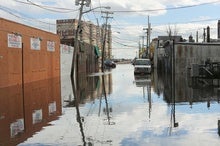


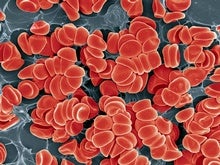
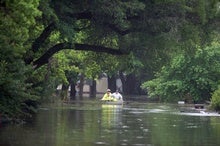

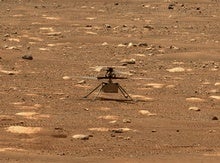
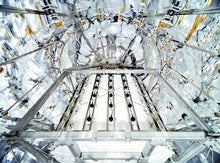
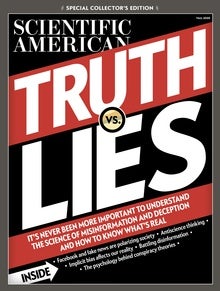




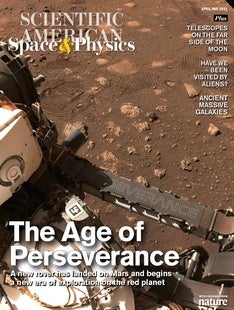

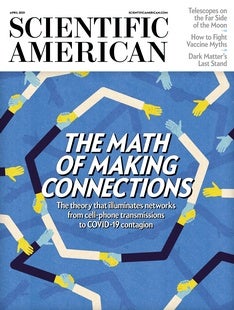
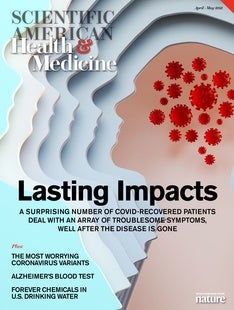
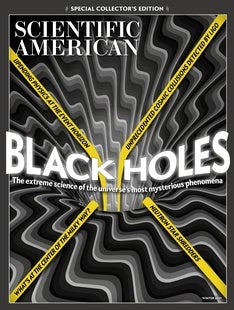



Comments
Post a Comment